
Eight hotel room gripes they could fix to make your next stay better, and the hotels that get things right
- Noisy doors, confusing shower controls, fiddly alarm clocks, unfathomable TV remote controls, too many light switches – hotel rooms can be a pain
- Around the world, hotels have found simple solutions to what are, after all, simple issues – so why don’t other hotels learn from them?
Everyone loves to gripe about air travel. But what about hotel rooms? They can be just as frustrating if you get a bad one.
Here are a few simple fixes that would go far to make guests happier.
This home-grown Chinese hotel brand wants to take over the world
Bedside
Few hotels have decent bedside lighting. The best bedside reading illumination comes from high-intensity, flexible-necked fixtures that concentrate a narrow beam of light onto the page, without disturbing anyone sleeping next to you.
I stayed in three hotels recently that understand the pleasure of curling up in bed with a good book and good lighting: London’s Kensington Hotel, and the Principal hotels in Glasgow and Edinburgh, Scotland. Too many hotels give us useless table lamps on the nightstand, made even less tolerable by those dim fluorescent light bulbs.
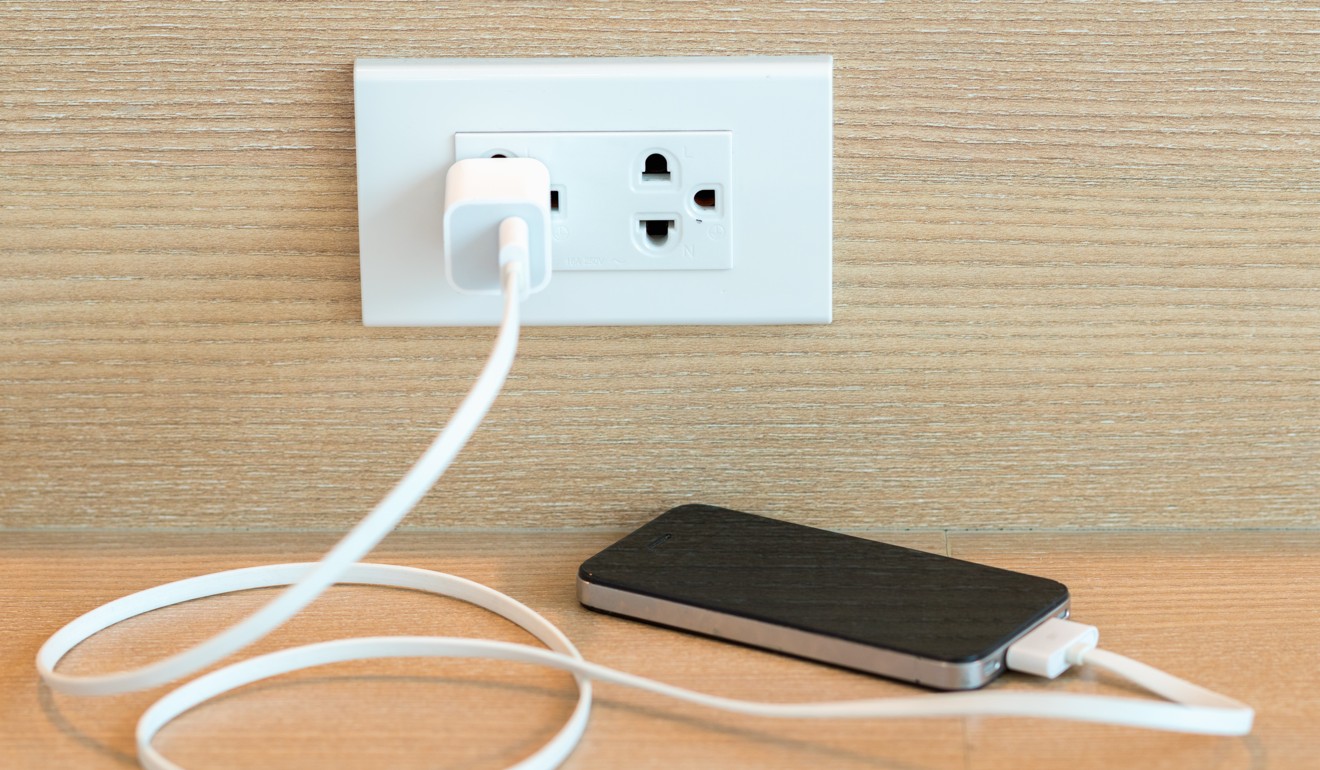
Power points
Most hotel rooms around the world come with either 110/120-volt or 220/240-volt sockets, but seldom both. No problem if you are just charging your smartphone or tablet, as long as you have a plug adaptor, which most seasoned travellers do.
But if you use any appliance without a built-in voltage converter such as a portable clothes steamer, a curling iron, a sleep apnoea machine or a WaterPik, you’re out of luck unless you pack a voltage converter. (Before buying or using one, read the instructions carefully along with the product reviews that begin with, “This US$40 piece of junk fried my US$250 hairdryer …”).
This US$288 million Shanghai hotel really is the pits
So I was pleasantly surprised to see, during a recent one-night stay at Batty Langley’s, a historic town house hotel in London’s Spitalfields neighbourhood, that management had kindly installed both a three-pronged 220/240-volt UK and a three-pronged 110/120-volt US power point by the desk, along with two USB charging points. Hotels in the US should consider adding electrical sockets with both voltages too.
Televisions and their remote controls
I just want to turn the TV on to watch TV, not the pay movies or the video tour of the property. Hotels first try to sell you in-room viewing and other services (relax in our spa after a busy day!) before they show you how to find your favourite news channel.
The buttons on most hotel remote controls mean nothing to me, they are all different depending on the hotel, and even when I press them they do not make anything happen.
It makes me long for the days when a TV had a knob to turn it on and adjust the volume, and a dial to change channels.
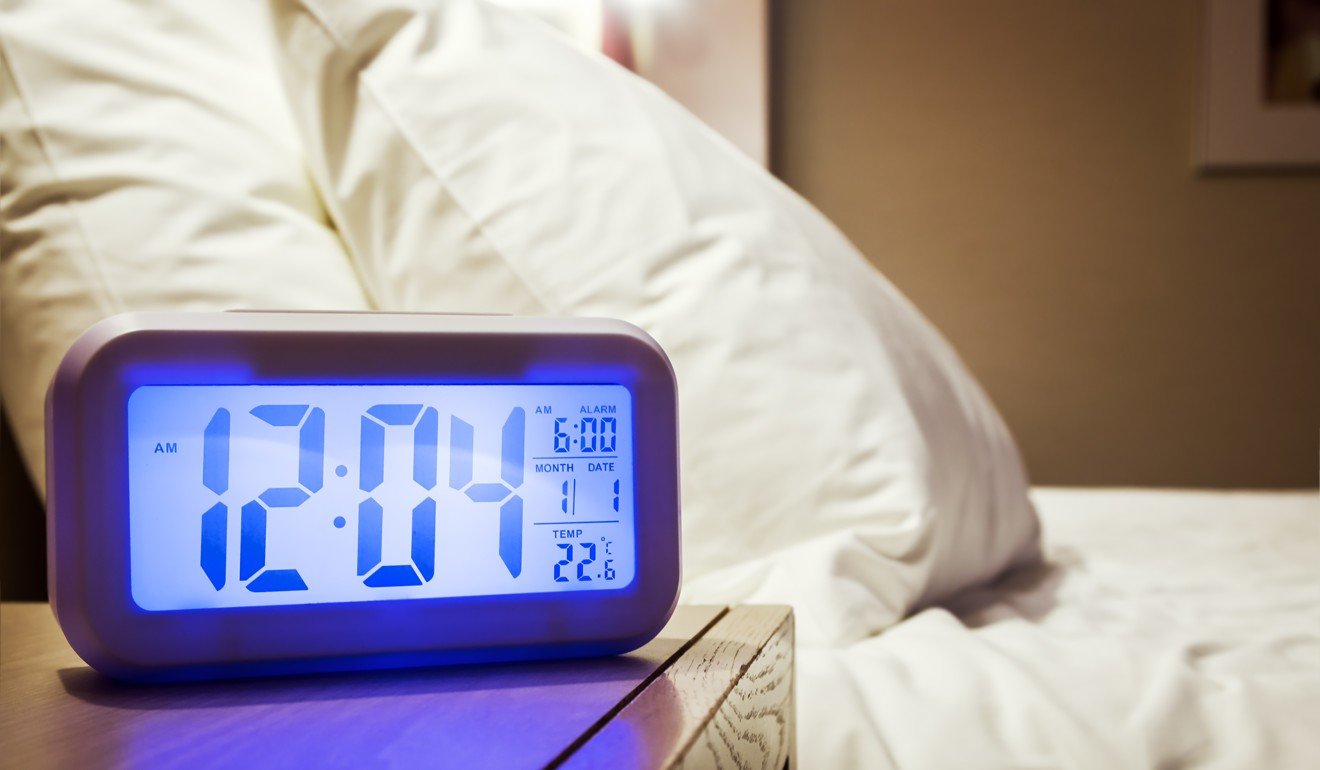
Confusing alarm clocks
Although most people now rely on their smartphones to wake them up, how about just a simple alarm clock with an on-off button and one to set the time?
I don’t need a clock radio with more buttons and dials than Mission Control, one that might jar me awake at 3.30am because the previous guest had an early flight and the alarm was still set to “on” (for that reason I usually just unplug the evil thing as soon as I check in rather than try to reason with it).
At the Park Hyatt in Tokyo, rooms come with a very simple, battery-powered, portable Braun alarm clock: three buttons (on/off, snooze, set time). Dead simple, although I’m sure some guests pinch them.
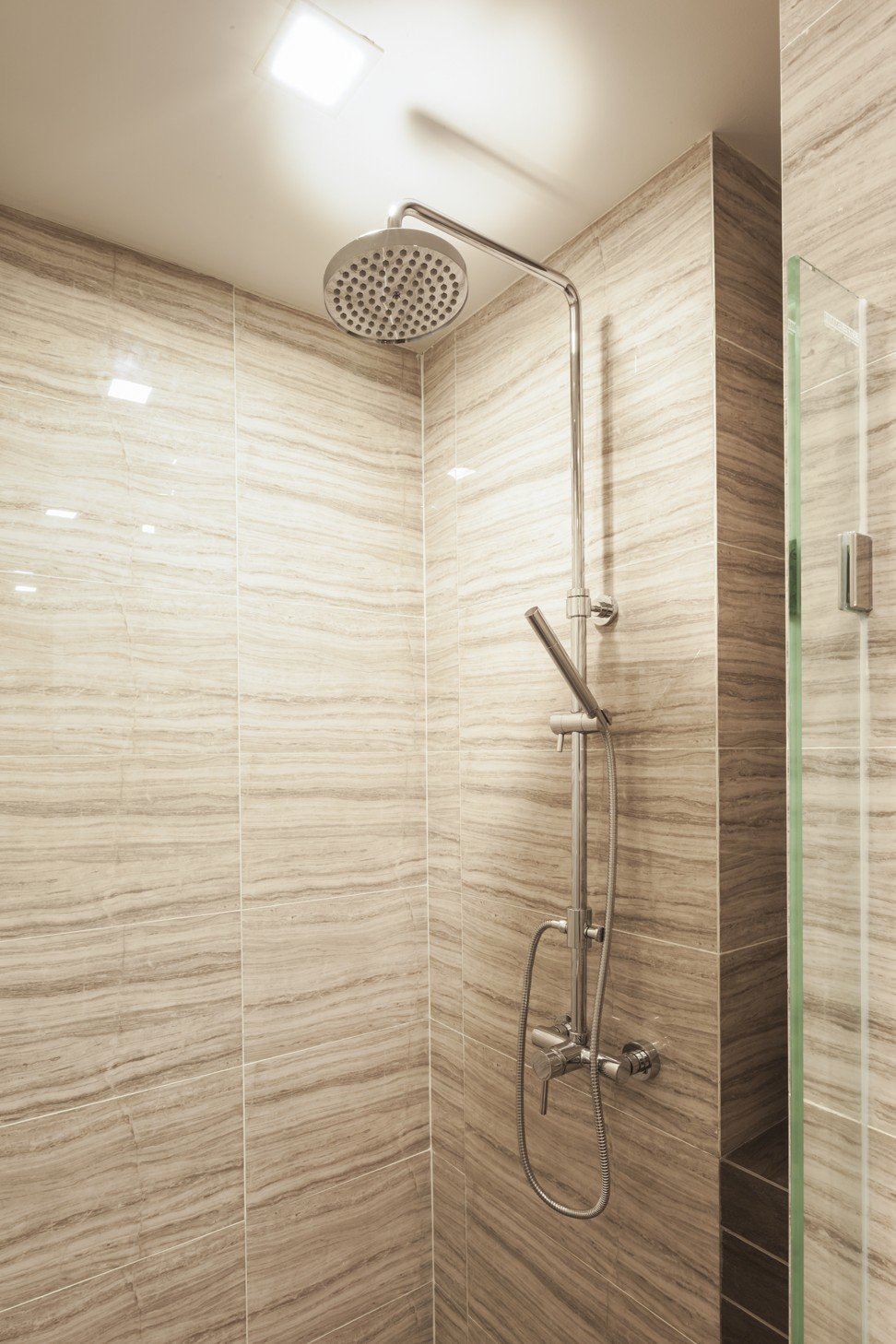
Shower controls
I can never work out which way is hot and which way is cold, especially at 6am before coffee. You too?
Even with a 50 per cent chance of getting it right, I somehow do not, and move the control the wrong direction, which always leads to much involuntary prancing and dancing in the shower. This is a simple fix.
The shower controls at the Principal Hotel in Edinburgh do it the right way: one simple lever, hot to the right, cold to the left, with a separate lever for the water pressure. It is brilliant. I even took a picture of it.
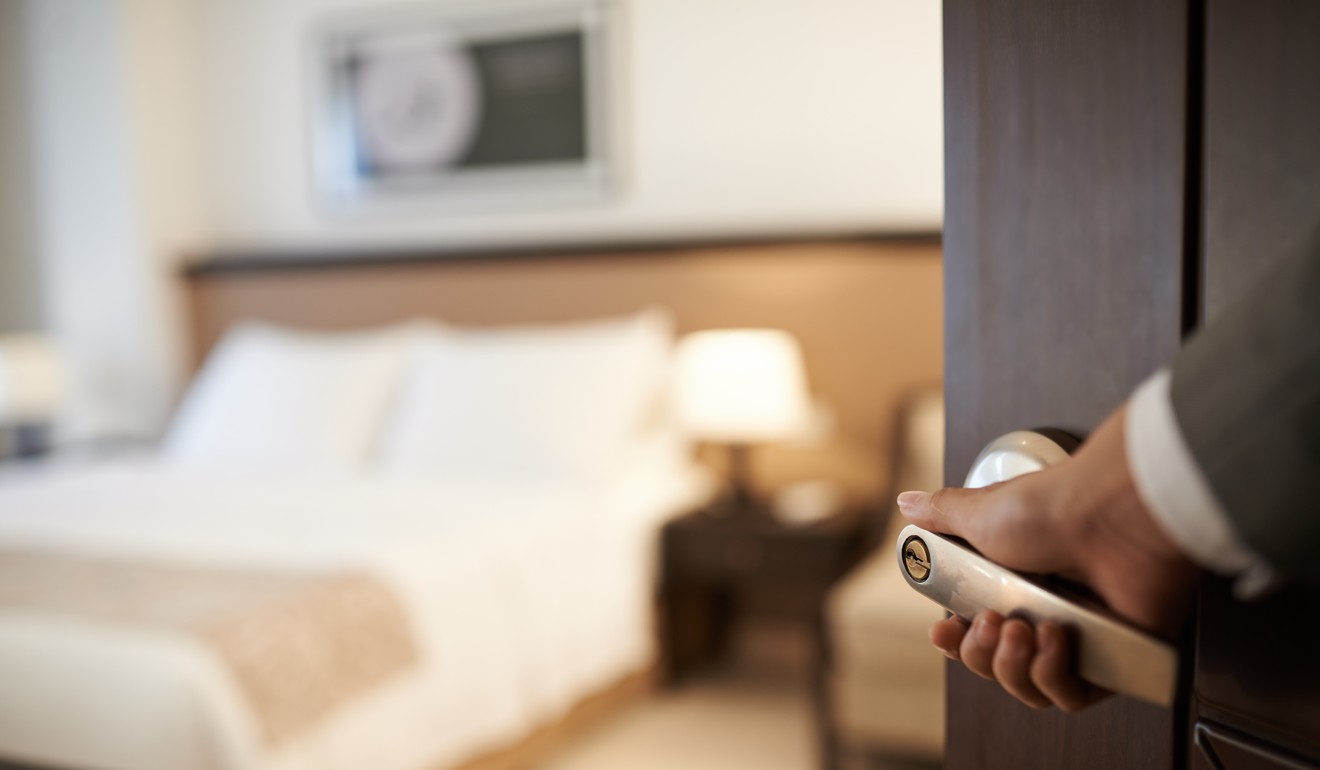
The door issue
In most hotels, you enter through a small foyer between the hallway door and the room; the bathroom door is usually just off this vestibule. If I designed hotel rooms, they’d all have a second interior door to block out noisy late-night revellers roaming the halls. How hard would it be to design hotels like this?
The Le Meridien Beach Hotel near Barcelona, Spain, is the only hotel I know about where all rooms have a second door between the exterior door and the bedroom. Maybe because this beachfront resort was built on the grounds of what used to be a juvenile sanatorium, where sound sleep was part of the programme?
The other door issue
Speaking of sleep, which is often why you go to a hotel in the first place, why can’t hotel room doors close softly instead of slamming shut so hard that the walls shake, waking up everyone else on the floor in the middle of the night? In October I spent two nights at the Cullin Hills Hotel on the Isle of Skye, Scotland, and was tickled to find that my room’s door closed so slowly and silently, as if the hand of a courteous phantasm was in control, that you had to listen carefully to hear the lock’s faint click. Just saying, Marriott.
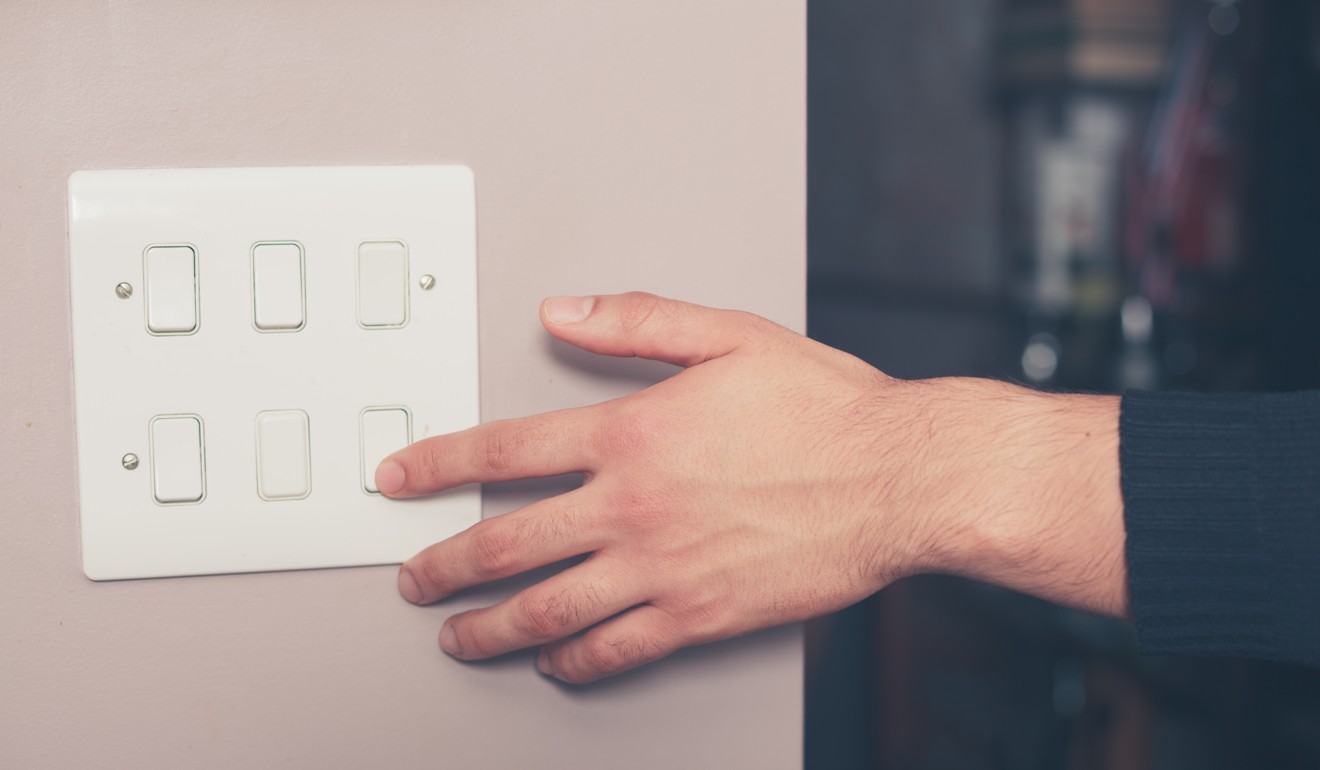
Too many light switches
Another thing that can interfere with sleep: you can’t turn off the lights. In some rooms it takes me 15 minutes or more to work out how to turn all of them off. How about a single switch that shuts every light off at once, preferably one marked “this switch shuts every light off at once”. I spent 30 exhausted minutes in Singapore trying to extinguish one last light, finally gave up, and requested the front desk to send someone up to my room.
China’s hotel facial recognition check-ins and AI smart rooms are here to stay
I heard of a hotel recently where you can tug on a rope by the bed, like the bell pull that Morticia uses to summon Lurch (“you rang?”): one yank and it’s lights out.

